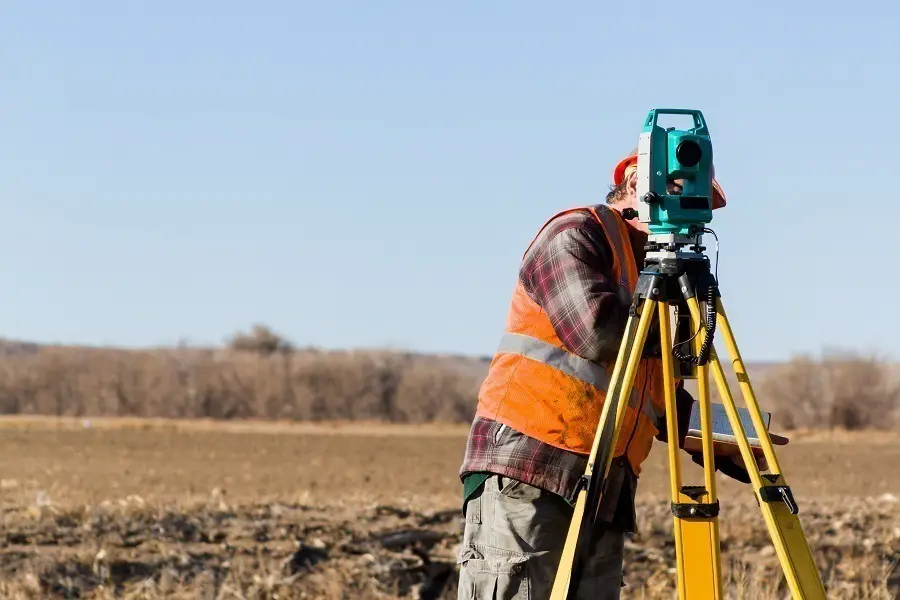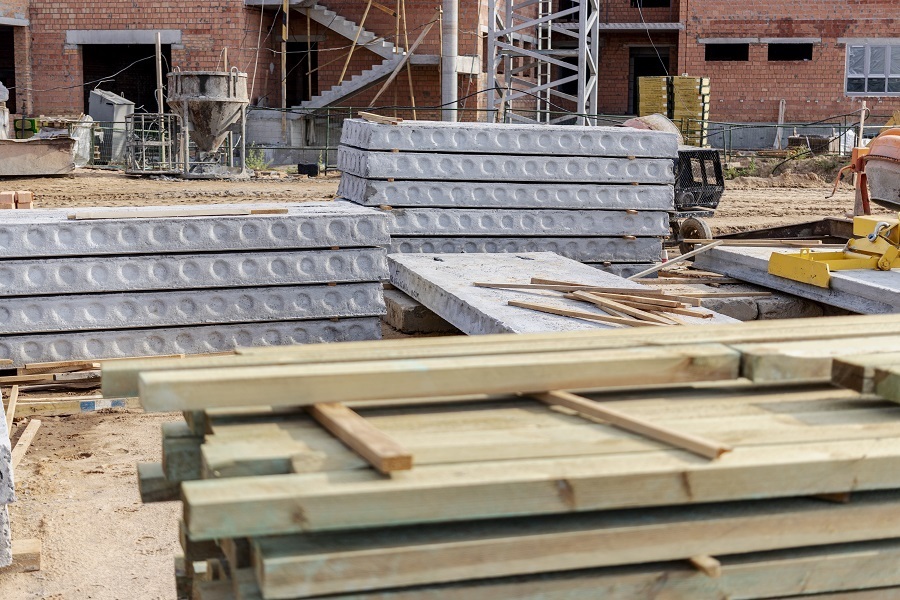Last updated on
Here are six steps you need to take before you start any construction project. Read on!
If you’re like most people, you probably think of construction projects as big undertakings. And while they often are, there’s no reason why even the smallest project can’t be a headache if you’re not prepared for it.
Let’s go over six preparatory steps that will help make your construction project go more smoothly – from start to finish!
What's Inside
Hiring Land Surveyors

One of the most important preparatory steps you can take before starting a construction project is hiring professional land surveyors. This is especially true if you’re planning on doing any work that involves excavating or grading.
Land surveyors will be able to create an accurate map of your property, which will, in turn, help you avoid any potential problems during the construction process. Also, Axiom Geomatics offers a wide range of surveying services, so you can be sure that we have the experience and expertise to get the job done right.
It’s always better to be safe than sorry, so make sure you hire land surveyors before starting your construction project!
Getting the Right Permits
Another important step to take before starting a construction project is obtaining the necessary permits from your local municipality. Depending on the scope and location of your project, you may need to apply for a building permit, zoning permit, or both.
Failure to obtain the proper permits can result in delays, fines, or even having to stop work on your project altogether. So save yourself the hassle and make sure you get all the required permits before starting construction.
Some people try to skirt this step by starting work without permits, but we don’t recommend it – it’s just not worth the risk.
Hiring a Qualified Contractor
Once you’ve taken care of the administrative steps, it’s time to start thinking about who you’re going to hire to do the work. This is arguably the most important decision you’ll make during the entire construction process, so take your time and choose wisely. Make sure you hire a qualified contractor with experience in the type of work you need to be done.
Also, be sure to get everything in writing before work begins, including a detailed contract that outlines the scope of work, timeline, and payment schedule. Once you’ve found a good contractor, half of your battle is already won!
Creating a Construction Schedule
After you’ve hired a contractor, the next step is to create a construction schedule. This will help ensure that your project stays on track and is completed on time. The schedule should include milestones for each phase of the project, as well as deadlines for ordering materials and scheduling inspections.
Construction projects are complex undertakings that require careful planning and execution to be successful. One of the most critical aspects of construction management is time tracking. When starting a construction project, it is essential to create a schedule that details all of the tasks that need to be completed and the time frame in which they need to be finished. Time tracking for construction management can help with this by allowing managers to see how much time each task takes and identify potential bottlenecks. This information is critical for keeping construction projects on schedule and ensuring they are completed on time and within budget.
Be sure to involve your contractor in creating the schedule, as they will be able to provide valuable input on what’s realistic and achievable.
There are a lot of moving parts in any construction project, so a well-crafted schedule is essential for keeping things running smoothly. While it may seem like a lot of work upfront, creating a schedule will save you a lot of headaches down the road.
Ordering Materials

Another important step in preparing for a construction project is ordering all the necessary materials. This includes everything from lumber and drywall to nails and screws.
Depending on the size of your project, you may be able to get away with making a trip to the hardware store when you need something. But for larger projects, it’s usually more efficient to order everything upfront so that you don’t have to make multiple trips or wait for things to be delivered.
Just be sure to factor in lead times when creating your construction schedule, as some materials can take weeks or even months to arrive. It’s also a good idea to order a little extra of everything, just to be safe.
Doing a Pre-construction Walkthrough
Once you’ve taken care of all the administrative and logistical steps, it’s finally time to start construction! But before work begins, it’s always a good idea to do a pre-construction walkthrough with your contractor. This will allow you to go over the project in detail and make sure that everyone is on the same page.
It’s also a good time to identify any potential problems or hazards that need to be addressed before work begins. Doing a walkthrough is just one more way to help ensure that your construction project goes off without a hitch.
These are just a few of the most important preparatory steps you should take before starting a construction project. By taking care of the administrative and logistical details upfront, you can avoid potential problems down the road.
So save yourself some headaches and follow these steps to ensure a smooth construction process from start to finish. Good luck!




